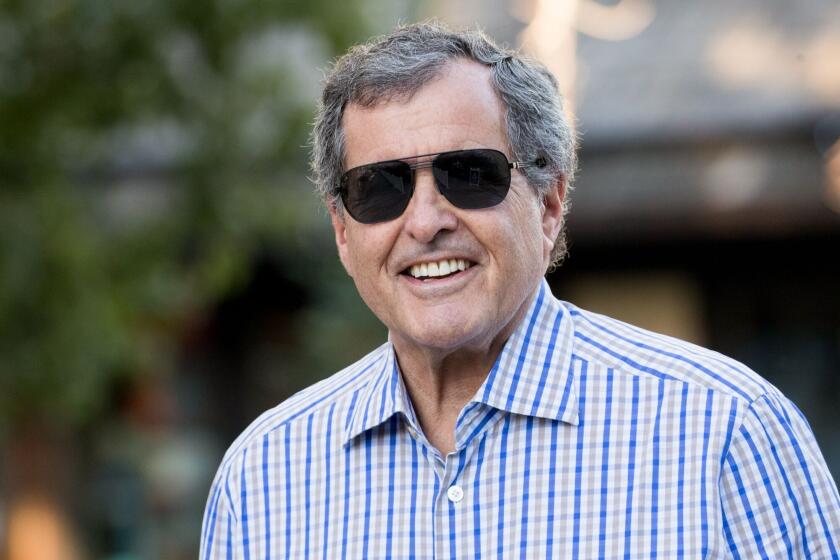Microchip Talks Generate Heat but Little Else
- Share via
TOKYO — Talks between U.S. and Japanese industrialists on improved American access to Japan’s microchip market collapsed in anger on Friday, with one U.S. delegate accusing Tokyo of abrogating a 1986 trade pact.
Plans for a joint statement by the U.S. Semiconductor Industry Assn. and the Electronics Industries Assn. of Japan on how to increase access were shelved when the sides found they were at odds over the basic goal of the talks.
“Clearly a disagreement on the objective, that is to say on expectations, means that we also cannot agree on the process,” Jon Cornell, chairman of the U.S. delegation to the talks, told a news conference.
American delegates said they were dismayed to discover after two days of talks and six weeks of working level discussions that the Japanese trade group rejected the notion that market access should be measured by market share.
“To say we are disappointed . . . is absolutely an understatement,” Cornell said.
Tokyo pledged in a September, 1986, agreement with Washington to avoid selling microchips at below cost and to improve foreign access to Japan’s domestic market.
President Reagan imposed $300-million worth of tariffs on selected Japanese imports last year because he said Japan was not living up to the agreement.
He later lifted some of the tariffs after finding Japan had stopped dumping, but said $165-million worth would remain until Japan opened its market to foreign microchips.
“Since the agreement was entered into, U.S. companies have invested very heavily in supporting Japanese users and customers in developing a market for our own products,” said SIA Chairman Irwin Federman.
“Despite these actions, the market share in Japan of U.S. companies is today approximately the same as in September, 1986, roughly 10%,” he said.
Japanese delegates expressed equal surprise over the SIA position, although they said progress had been made on the specific content of the proposed joint action program.
“The SIA insisted on market share as an objective of the action program,” Sadao Inoue, co-chairman of the EIAJ delegation told a separate news conference.
“This was a new item insisted on by the SIA, and unless we agree on this point a joint access program can not be announced, although we came very close to an agreement.”
The SIA and Japanese industry and government have consistently disagreed in public over their interpretations of the 1986 pact, with the SIA insisting that the pact had higher market share for U.S. firms as a target and Japan saying it aimed only at improved foreign access.
More to Read
Inside the business of entertainment
The Wide Shot brings you news, analysis and insights on everything from streaming wars to production — and what it all means for the future.
You may occasionally receive promotional content from the Los Angeles Times.










